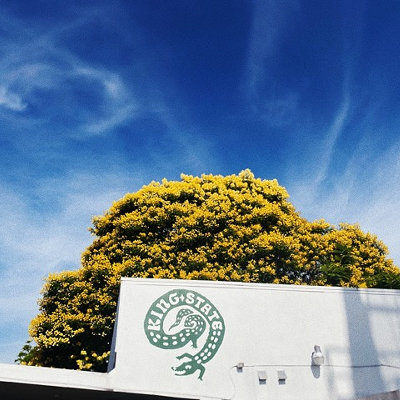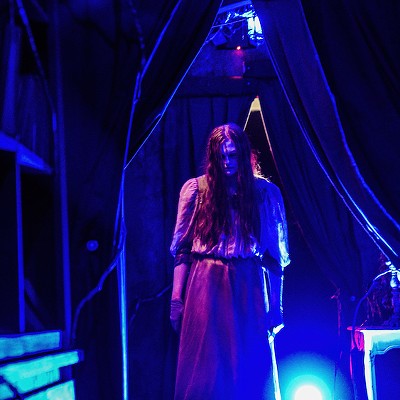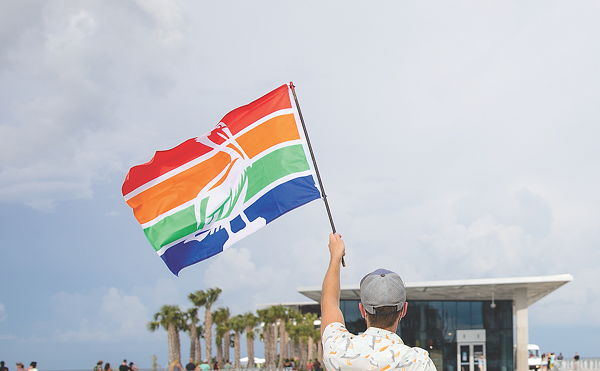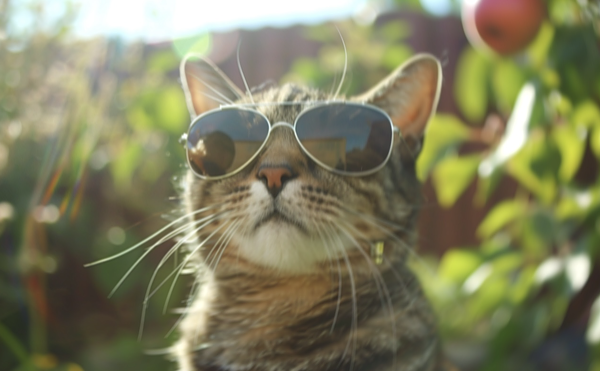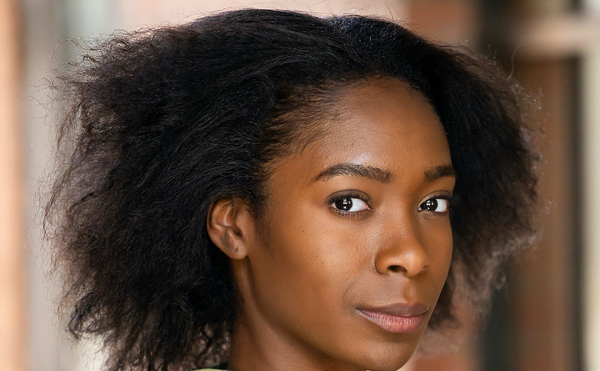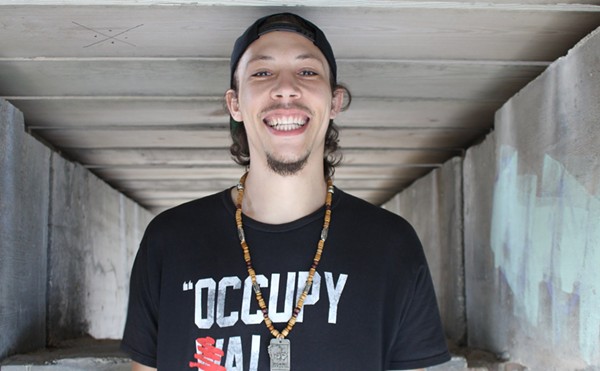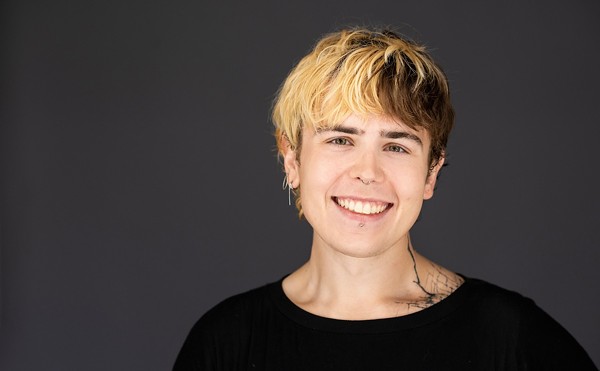When Tampa International Airport opened direct flights to Cuba this September for family, business and educational purposes, at least one group of educators say they will still be unable to enjoy the relaxed regulations.
Noel Smith, a curator of Latin American and Caribbean art with USF’s Graphicstudio and Institute for Research in Art (IRA), said her travel remains limited by state legislation.
Florida Statute 1011.90 states “none of the state or nonstate funds made available to state universities may be used” for “activities related to or involving travel to a terrorist state.” This means that although private universities and other states’ public universities can use funding to travel to Cuba, Florida state universities still cannot.
“Imagine — we’re eating their dust,” Smith said. “It’s an inelegant way of saying it, but every state and every university in this country is finding ways to take their students down to Cuba.”
Smith said the law has made it harder for Graphicstudio to work with Cuban artists, such as collective Los Carpinteros and architectural artist Carlos Garaicoa. A “major” Graphicstudio exhibition planned at the Museum of Fine Arts in Havana had to be canceled because staff and faculty would not be able to attend.
Yet Smith may soon find some legal relief. After joining a lawsuit with other state professors against the law five years ago, her lawyers filed a writ of certiorari this year for the Supreme Court to hear the case.
ACLU of Florida Legal Director Randall Marshall said they are waiting on a brief from the U.S. government, which is expected to be filed by the end of the year. The Supreme Court’s decision for review would likely follow a few weeks later.
Graphicstudio’s program with Cuba started in 1999, including a residency program that brought the country’s artists to work in the studios. Staff and faculty were able to travel to Cuba, including Smith, who said she has visited Cuba 15 to 20 times since the studio started its program with the country.
Smith established a relationship with the Museum of Fine Arts in Havana and curator Corina Matamoros. In 2005, Graphicstudio put on an exhibition by Los Carpinteros, which then traveled to Chicago, Cincinnati and Canada.
Yet one year later, the law would pass that would effectively shutter any free exchange between Cuba and Florida state universities with either state or privately raised funds.
“All of a sudden, I can’t bring my artists up to Tampa,” Smith said. “I can’t bring curators to Tampa from Cuba. I can’t travel down there to conduct research. So that really put a huge damper on our program.”
Smith said that since the law passed, working with Cuban artists has become more convoluted. For Garaicoa’s “Making Amends” exhibition last year, she had to fly in the Havana artist from Spain for “four times” the cost. To transport his artwork, she hired a Spain-based shipper to send it from Havana to Toronto to Tampa.
Margaret Miller, director of the IRA, said because of the law, she has not been able to afford to bring over Cuban artists to USF.
“We are still continuing projects that were already in the works, but it definitely affects this dynamic and wonderful relationship we had with leading Cuban artists,” Miller said.
Other Tampa art institutes will be able to take advantage of TIA’s direct flights, Miller said, such as the Tampa Museum of Art’s plans to visit in May for the Havana Biennial.
“With the airlines opening up, travel between Tampa and Havana will be easier for most everything except those of us who are restricted as members of the faculty and students at any of the state universities,” Miller said.
Smith said for the moment, she is waiting to find out whether the Supreme Court will hear the case.
“I think it’s incredibly exciting,” she said. “If they do hear the case, I plan to go up there and watch it. I never planned to be involved in anything like that.”
Jimmy Geurts is managing editor of The Oracle, the newspaper of the University of South Florida in Tampa.


